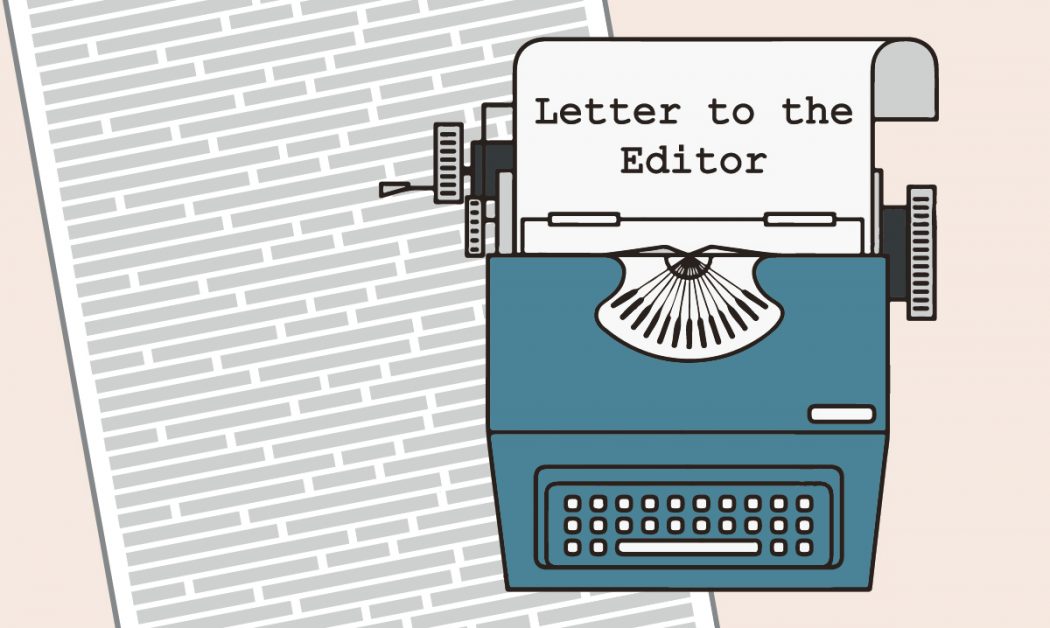Letter to the editor: Sexual Misconduct at USU: The Need for Individual Action in Creating a Safer, More Respectful Community
Editor’s Note: To submit a response to this column, or submit a letter to the editor on a new topic, email your submission to opinion@usustatesman.com.
In her message addressing the DOJ Resolution on February 12, 2020, President Cockett addressed university-wide failures in preventing and responding to incidents of sexual misconduct and personally apologized to those affected. The message outlined the sweeping changes and efforts that USU has made and is currently making, including improving sexual misconduct policies, procedures, awareness and training. Her call to action asked that we, as members of the USU community, help to create a safer, more respectful environment that does not tolerate sexual misconduct.
President Cockett’s call to action makes me think about individual accountability. What is my part in the endeavor to build a safer, more respectful community at USU? Sexual misconduct is a growing concern on college campuses nation-wide. Each of us likely knows at least one person who has been impacted by these behaviors. But, individually determining not to be a perpetrator of sexual misconduct is not enough! And simply having a policy that prohibits these behaviors is also not enough if we, the community, continue to tolerate the behaviors or support attitudes related to them. Tolerance and avoidance of conflict allows sexual misconduct to linger and worsen in our community. If we treat addressing sexual misconduct as just another box to be checked or as someone else’s problem, we will not see the changes that create the type of community that we want to be a part of.
To create a positive and inclusive culture at USU, we need individual action and accountability; we cannot rely on USU administrators to do all of the work. Each of us needs to determine how we will become an active part of the sweeping changes being made at USU. Preventing sexual misconduct requires addressing this issue at every level (organizational, community, relationship, and individual), and all of us can play a role. We can start by going to sexualassualt.usu.edu to learn how to get involved, build skills, understand personal biases, set boundaries, gain consent, support victims, become an “upstander,” and ultimately, create a safe and respectful community at Utah State University. USU’s efforts will not be successful if we, the community, do not support and act upon them.
Sincerely,
Kimberly Welsh
Graduate Student
Utah State University
435-770-1045
Kimberly.welsh@aggiemail.usu.edu

